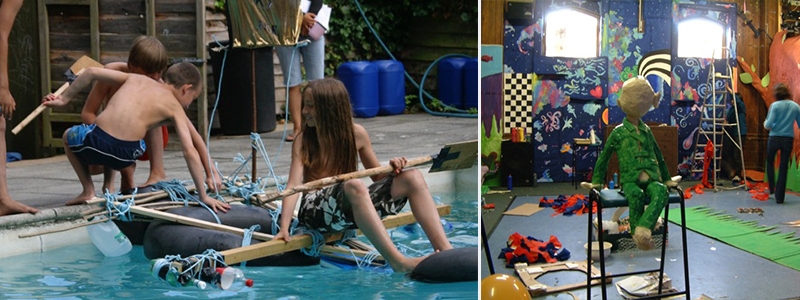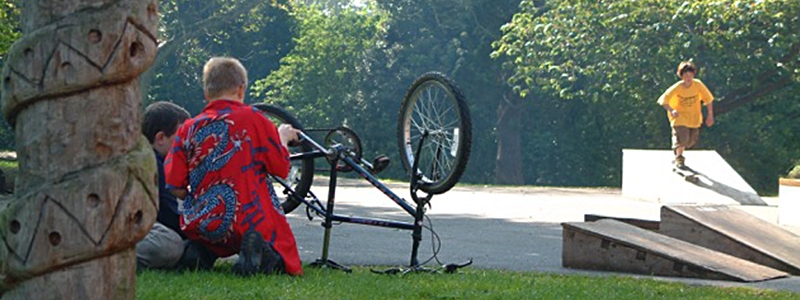Problem: Alexander Sutherland Neil, the founder of the Summerhill School, believes that the traditional educational model, within which the student has no control over what he or she learns or in the manner in which the school functions, causes anxiety and neuroses. In order to counteract the repression and authoritarianism of the traditional learning environment, Mr. Neil created a community where the children were free from adult control. The school was first established in Germany, in 1921, then went to Austria and, afterwards, took root in England, in 1923. The current school building, in Leiston, Suffolk, England, was founded in 1927.

Solutions: Summerhill is a private boarding school for students that is most notable for its application of an educational methodology that is democratic and progressive. There, adults and children receive the same status and coexist in an informal environment. Decisions are made in assemblies, which usually occur twice per week, within which every participant has a vote. During these meetings, community rules are decided upon as a group, and it is determined who will participate in which committees, such as the committee on who receives visitors, or that which resolves conflicts. Specific problems, difficulties and inappropriate behavior, such as rare instances of bullying, are also discussed in these meetings.
The school espouses the values of individual liberty and allows students to attend the lessons they want, each in accordance with their own interests and backgrounds. Life in the community is very important, especially when one considers that each moment where a student voluntarily participates in some activity, whether it be in the classroom, or, more importantly, outside of it, constitutes a learning experience. The time that a group of teenagers spends together, for example, discussing a topic of their choosing, is considered an important experience.
There are formal lessons, structured and organized into a schedule, within which the content is flexible and the student can receive individual tutoring in accordance with his needs and level of proficiency. There are also classes that are organized so as to provide the student with access to materials and resources with which he or she can undertake individual activities and projects. However, it is the student that decides when he or she will participate in these lessons. Students are given other options, such as playing outside, involving themselves in constructive social situations, reading or participating in-group projects.
The school provides accommodation for each age group. The students can personalize their beds and surrounding area as they wish to reflect their own personalities. In addition, each child has his or her own personal space in the room and a locking closet.

Outcomes: The teaching method gives students an innate sense of self-confidence, while the school fosters a feeling of safety among students and an acceptance of themselves as individuals. Students can identify and express their own needs, desires and opinions. They learn to be committed to one another, to communicate, to negotiate and to take charge of their lives. These young adults also develop empathy and an appreciation of other people's feelings. When they decide what they want to do, the children learn to have fun with what they chose and they can achieve the results that they expect. This teaching method, known as democratic teaching, has been recognized and implemented in many other countries.






